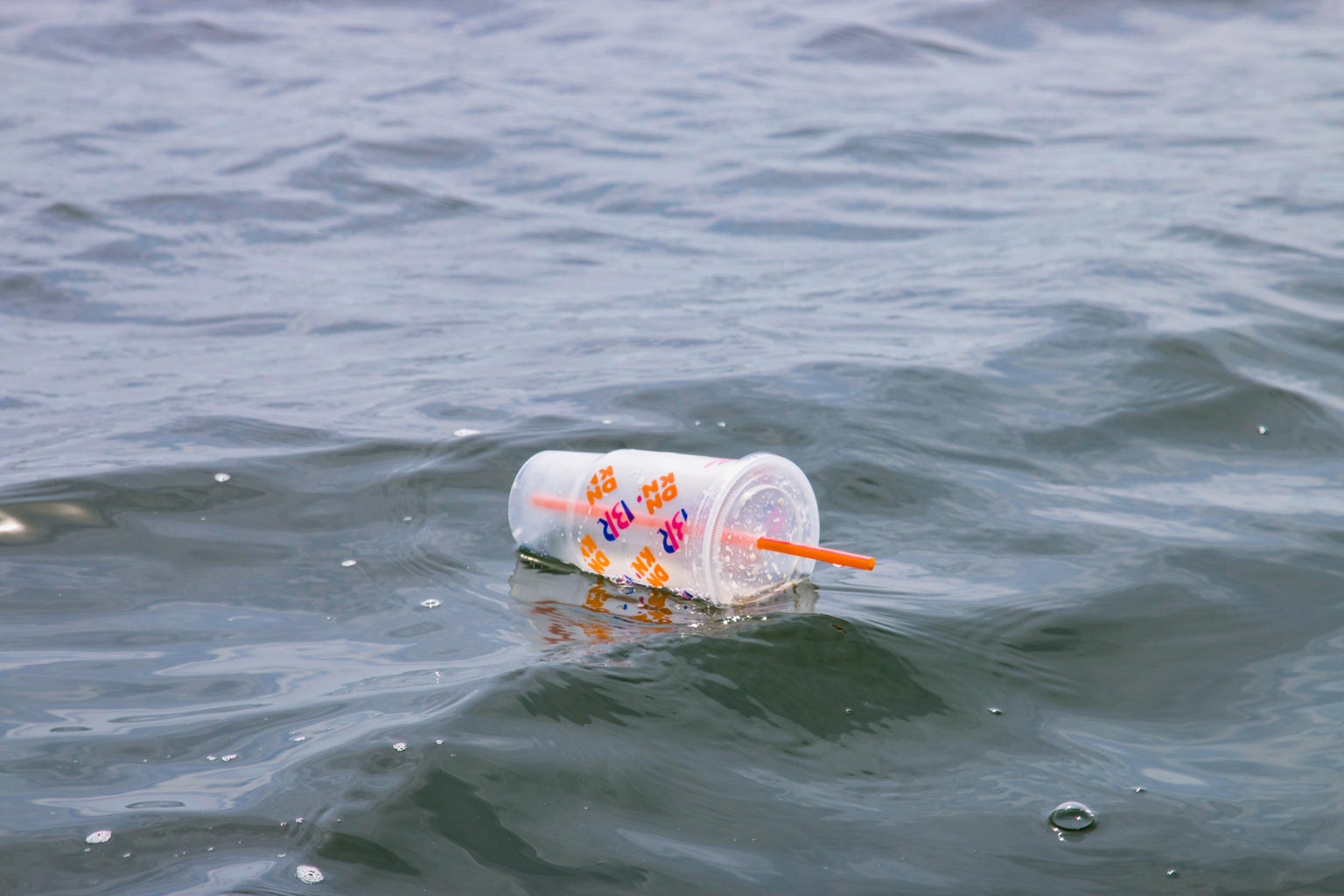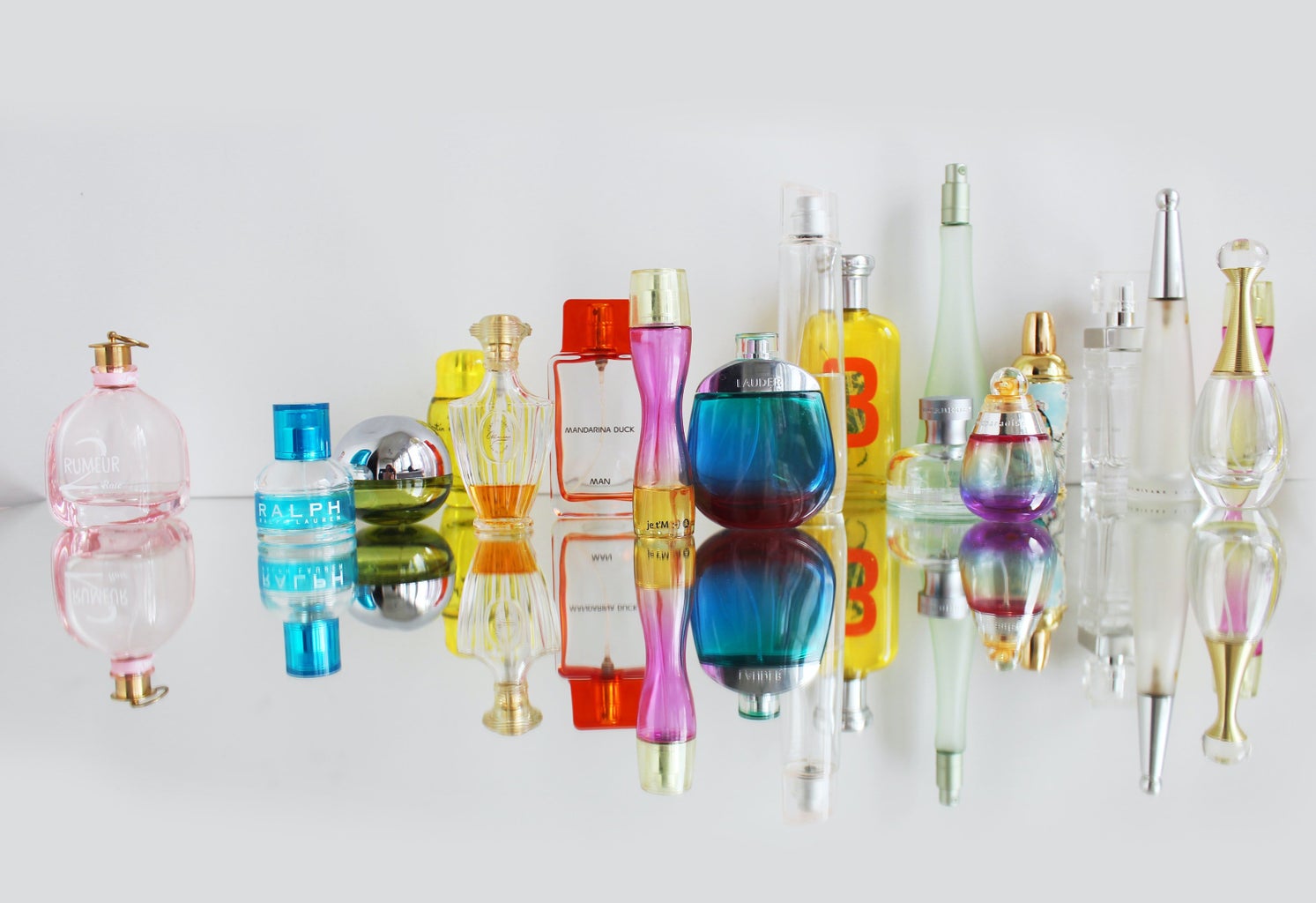In an economy where buying a dozen eggs is a luxury, the deinfluencing trend seems like a God-send for users of social media and chronically online (just kidding) folk like myself. With brands using ‘relatable’ TikTokers to influence their products, it is easy to fall into the trap of overconsumption leading to environmental damage and the exploitation of fast fashion workers. If you see someone who you are a fan of and trust use a product, and this product is treated as revolutionary (well as revolutionary as a mascara can get…) then you will feel the need to purchase this product in order to keep up, and feel a connection to those influencers you look up to. But then comes the next best thing, and the next, and the next. Before you know it you now have 42 tubes of different types of ‘cult-favorite’ mascaras and no more eyelashes to put them on.
With social media feeds being so curated and molded just for you, influencers and companies have the upper hand and are able to commodify your trust. But your trust is causing overconsumption that harms the environment (and your wallet). So much waste is produced from PR packages and from fast fashion that are constantly overtly and discreetly advertised on our screens. The trend cycle has been moving so fast that something popular a month ago can already be considered out of style. No one wants to feel behind or out of style. Individualism is out! Plastic fibers polluting the oceans, wastewater, toxic dyes, and the exploitation of underpaid workers, is in!
So what is the answer to all of this seemingly unavoidable influencing? #DeInfluencing, a more authentic and no-catch contrast. Deinfluencing works to remind people to work with what they already have and buy products based on sustainability and genuine interest rather than trying to keep up with the trend cycle. Deinfluencing promotes ethical consumption and using critical thinking when being influenced to buy a product. It’s not against buying things that bring you joy, but rather to be more mindful of your impact.
What deinfluencing fails to address is that oftentimes it can be used to promote ‘dupes’ rather than focussing on the root issue which are overconsumption, ethics, and capitalism. Even with deinfluencing you are still being influenced, “Hey don’t buy this overhyped and expensive product, instead buy this” That is not the right way to make people aware of making more informed purchasing decisions. You can’t definfluence by influencing another product, instead you should focus on changing your mindset. It’s okay to be an outfit repeater, it’s okay to thrift/wear hand-me-downs, it’s okay to not have every single shade of liquid blush.
The deinfluencing trend is certainly the authentic breath of fresh air I think everyone needs right now. It’s causing a much needed cultural shift on how we view consumption, influencers, and trends. If definfluencing focuses less on dupes and more on sustainability, I think it could really make a long lasting and impactful change that our wallets and environment desperately needs.







